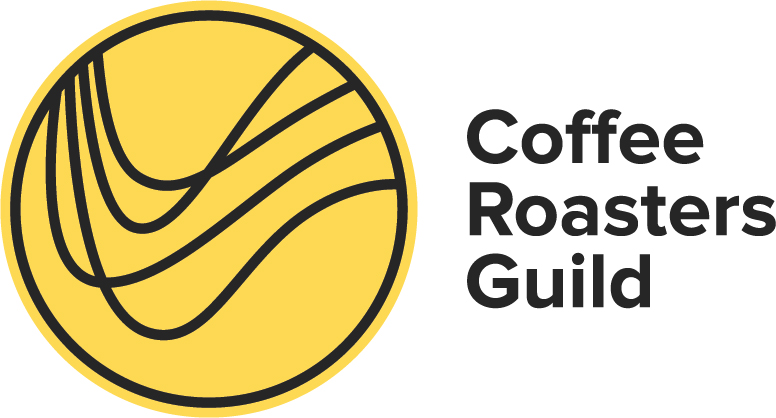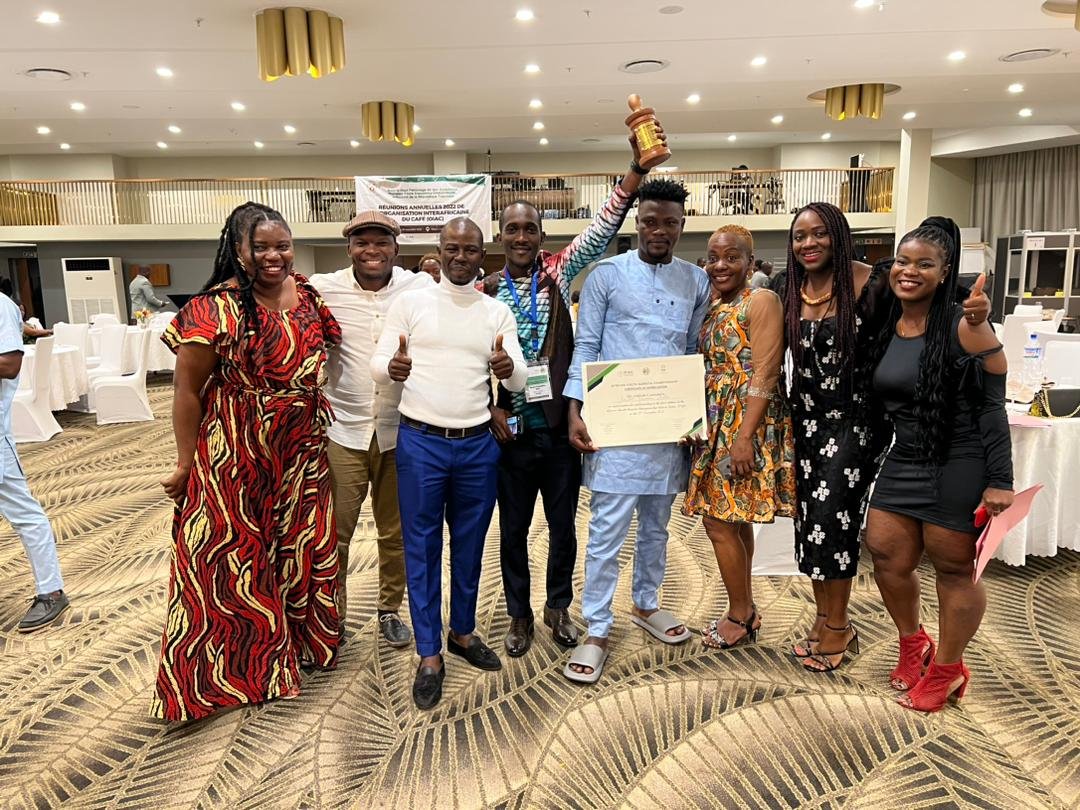The African Youth Barista Championship
When I first ventured into the world of coffee in 2007, in my final year at Ashesi University in Ghana, West Africa, I like many others had no idea that any coffee was produced in Ghana. There was no access to coffee education, no introduction to green coffee courses, or any training on processing methods, roasting ,or barista training. The few known coffee shops got by with instant coffee (simple, just add hot water!)
Fast forward 15 years and the African coffee landscape has completely evolved. With the rise of global coffee chains and artisan roasteries, coffee education and barista championships have finally come to Africa. In 2020, Nigeria held its first ever barista championships in Abuja while Nairobi hosted the inaugural Kenya AeroPress championship in 2017.
More and more, Africans are not just exporting green beans but reviving their coffee industries and boosting local consumption by drinking home grown coffee. Young people are also being encouraged to participate in the industry and in some instances, given strategic support to set up coffee kiosks in universities, and training as professional baristas and roasters.
In West Africa, the Inter-African Coffee Organization (IACO) and the Africa and Madagascar Robusta Coffee Agency (ACRAM) with financial support from the European Union and the Organization of African, Caribbean and Pacific States (OACPS) are implementing the International Trade Centre’s Alliances for Action Business Friendly Programme jointly with the World Bank and United Nations Industrial Developmental Organization (UNIDO) in select countries. The landscape is truly changing as governments support the diversification of cash crops to include coffee and the improvement of the volumes and quality of the various coffee species grown.
It was therefore befitting that the first ever Africa Youth Barista Championship (AYBC) took place on the sidelines of the tenth African Coffee Symposium during the IACO 2022 Annual Meetings in Lome, Togo. A key achievement of IACO this year was providing strategic support to young people in African countries to set up coffee kiosks in universities and train as professional baristas and roasters. A barista school in Abidjan, Ivory Coast is also in the works. Other key conversations held during the sessions was a panel on how women can be included in the value chain and the role of coffee in creating jobs for the youth.
The AYBC saw barista representation from experienced baristas and baristas-in-training from seven African countries. The competitors, in no particular order were:
Togo: Gnawole Mawulolo, Frankjah Wattara, Logan Essie Christine
Kenya: Kennedy Owino, Esther Ochieng
Cameroon: Jeanette Noelle Hoonjok Sen
Ghana: Santos Adler
Guinea: Mamadou Bhoye Bah
Cote D’Ivoire: Marie-Dominiqe Wabi
Rwanda: Patricie Kayitesi
The competition was judged by an elite panel of judges led by head judges Mbula Musau from Kenya who also sits on the board of the Specialty Coffee Association, and Clare Rwakatogoro from Uganda, who has had a 17 year career in coffee which spanned the Uganda Coffee Development Authority, obtaining her Q Grader certification and starting her own barista training and consultancy businesses. Both have been judges at World Barista Championships.
The technical judges for AYBC were Martin Shabaya, the first African competitor to make the final of the World Barista Championship (WBC) in over 20 years and who represented Africa at World Of Coffee in Milan in 2021 and Esther Otieno founder of BaristaPro, a Kenyan company that specializes in providing professional barista skills training and coffee education.
And I—Emi-Beth Quantson, Founder of Kawa Moka Coffee of Ghana, SCA Lead Scholar, and Vice Chair of the Coffee Roasters Guild—was also a judge for the occasion.
Prior to the competition day, competitors were hosted by the Ky Ry Café in Lome and trained by Martin Shabaya. To give a picture of what it takes to host a barista competition in Africa, competitors were required to pay for their transport to the event, accommodation, and meals (outside of the conference) during their stay. IACO had to purchase two brand new La Marzocco machines which were flown in and cleared by customs the day before training. A coffee technician was flown in from Ivory Coast for installation and technical support during the competition.
The minute the high voltage machine was connected at the hosting café Ky Ry, the lights went out and the phenomenon continued throughout the day as the room got intermittently hot from the AC shut down. The judges and competitors spoke either English or French and in some cases, communication required a translator. Despite these challenges the excitement was palpable as baristas with different levels of skill realized just how important their jobs were and the many opportunities the future could hold.
The judges weren’t left out as we calibrated and went through the judging rules prior to competition day.
Finally, it was competition day. Some contestants with clear experience showed up with complicated signature drinks and customized setups. Other competitors blazed out with nerves or went overtime. At the end of the full day of cupping, listening and judging, the winners were announced: Kennedy Owino from Kenya was the winner, Patricie Kayitesi from Rwanda came second, and Gnawole Mawulolo from Togo, third.
Five competitors were disqualified for exceeding time and two participants who scaled incredible hurdles with little experience to compete were given awards for outstanding performance.
Speaking on his win, Kennedy Owino said “I was super happy because it was the first time I ever participated in a barista competition. I prepared my best and left the rest to God. I am happy to have brought joy to the African coffee community. I am ambitious to succeed and that is what motivates me all the way, keeping in mind that hard work and perseverance will help me achieve greater professional success.”
Ultimately the competitions bring out of the shadows baristas quietly mastering their crafts and allows others to calibrate their coffees across the continent. The Africa Barista Championship is here to stay and suddenly our baristas are thinking about how to improve their competition coffees to provide unique tastes and how to bring their A espresso and latte art game to their next try.
The competition highlighted the resilience of Africa.
It’s at least twice as hard.
There are stumbling blocks at each turn.
But with music, sweat and good cheer we press on.
The Africa Youth Barista Championships have begun in Africa and even as we think of how to fund the trips, have access to equipment and regular training and light, we look forward to feeding the world with more champions from Africa.
Let the games begin!










